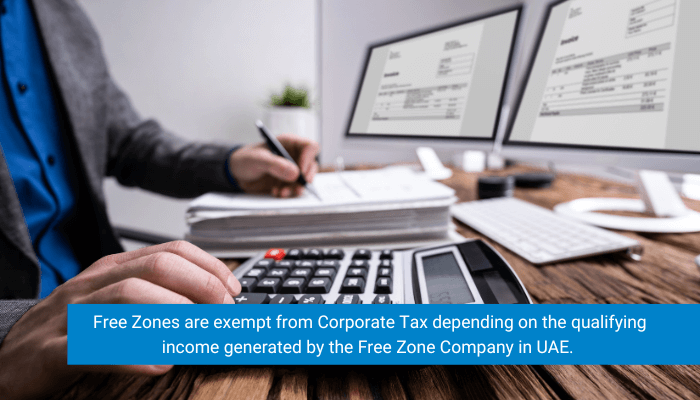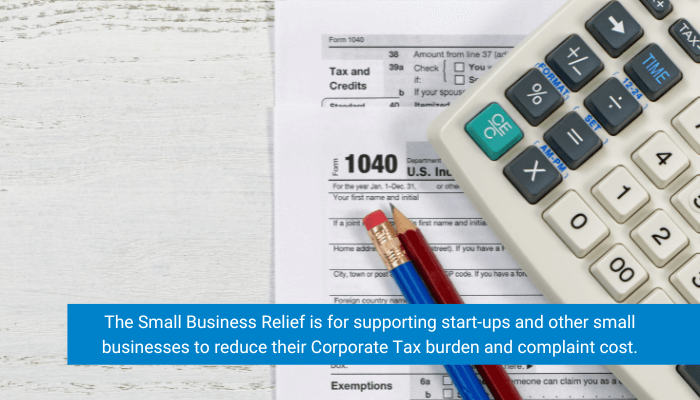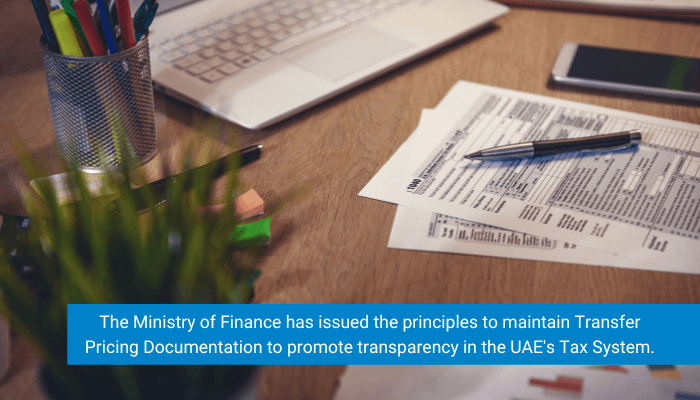UAE Free Zones and Corporate Tax Applicability
The Federal Decree-Law No. 47 of 2022 on the Taxation of Corporations and Businesses (hereinafter referred to as the “Corporate Tax Law”) was issued by the United Arab Emirates (“UAE”), on 09 December 2022. – Federal Tax Authority, UAE
The Free Zones are business jurisdictions in UAE that are governed by a specific regulatory authority. Also, for the scope of VAT, Corporate Tax, and other taxation, the Free Zones have certain exemptions. This article highlights the scope of Corporate Tax Applicability in the Free Zones.
Free Zones are exempt from Corporate Tax if they meet certain requirements. It depends on the ‘Qualifying Income’ generated by the Free Zone Company in UAE. There are two types of income classification for the applicability of Corporate Tax in Free Zones – Qualifying Income and Non-Qualifying Income.
UAE Free Zones and Scope of Value-Added Tax
There are more than 45 Free Zones in UAE and they are categorized as Designated and Un-gated Free Zone for VAT purposes. Designated Free Zones in UAE are VAT exempted. They have an in-house customs checkpoint and are gated Free Zones.
They also have direct access to the Airports and Seaports of the UAE. Most of the companies established in Designated Free Zones handle international trade operations and hence are VAT-exempted transactions.
Unfenced or Un-gated Free Zones are onshore Free Zones in UAE that is not gated nor have a dedicated Customer Checkpoint or immigration. They are not completely VAT Free. Depending on meeting certain criteria, they qualify for VAT exemption.
Qualifying Free Zone Person and Corporate Tax Exemption in UAE
Its mandatory that all Companies in the UAE shall register for Corporate Tax. However the tax applicability depends on various factors including but not limited to the modus operandi of business. In general, a Qualifying Freezone Person ( QFZP) is exempted from Corporate Tax.
Every person conducting business in a Free Trade Zone is automatically categorized as a Free Zone Person. However, in order to be a Qualifying Free Zone Person has to meet certain conditions.
In case of not meeting the criteria, the Free Zone person will not become a Qualifying Free Zone Person (QFZP)and become ineligible for exemption from Corporate Tax..
Following are the criteria the Free Zone Person must meet to become a Qualifying Free Zone
- The entity must have a permanent setup in UAE with staff, offices, and significant business activities in the region.
- The company must not be opened only for tax savings. Instead, they must have real business operations in the region.
- The investor is earning ‘Qualifying Income’ through the business operations in UAE
- Transfer Pricing rules and regulations, and proper documentation of the transactions are kept intact.
- The company has not elected out of the Free Zone tax benefits voluntarily
What is Qualifying Income for a QFZP?
The Qualifying Income for a Free Zone Person to make them eligible for a 0% Corporate Tax are the following:
- Any business transactions with companies located outside of the UAE
- Any trading with companies or suppliers located in the same or any other Free Zone
- Income from any regulated financial Services directed at foreign markets
- Sale of goods by companies located in VAT Designated Zones to UAE Mainland Companies ( If the Free Zone company is the importer)
- Any passive income generated by Free Zone from the Mainland of UAE through interest rates, royalties, dividends, capital gains from owning shares, etc.
All other mainland-sourced income of any kind is subject to the 9% Corporate Tax for the Free Zone Company. For Free Zone businesses to gain an unfair advantage when compared to mainland registered companies, there is the concept of Disqualifying Income.

Disqualifying Income is any income the Free Zone Company has derived by delivering services or sale of goods to a Mainland company in UAE. The profits from these transactions will be subject to the 9% CT if they exceed the threshold amount. Also, this will forfeit their entire tax exemption.
Small Business Relief
Article 21 of the UAE Federal Decree-Law No. 47 of 2022 on the Taxation of Corporations and Businesses (CT Law) provides for ‘Small Business Relief’.
The Ministerial Decision has defined the threshold for the Small Business Relief and also the conditions to be met to fulfil the claim for the relief. The Small Business Relief is for supporting start-ups and other small businesses to reduce their Corporate Tax burden and complaint cost.
Following are the criteria for meeting the requirements for claiming Small Business Relief by companies in UAE. The revenue in the current and previous tax periods is below AED 3Million ( For each Tax Period).

Revenue can be determined based on the applicable accounting standards in UAE. The Relief Threshold will be applicable until 31 December 2026. Businesses cannot carry forward any tax losses to use in future tax periods under the Small Business relief scheme.
Furthermore, once the business elects to apply for the Small Business Relief, they are not eligible to claim the following:
- Exempt Income
- Reliefs for transfer within the qualifying groups
- Deductions on expenditure incurred
There is no specified requirement for such companies to maintain Transfer Pricing Documentation. However, they must still comply with the following:
- Corporate Tax registration
- Maintain Audit Reports to demonstrate the eligibility to claim the relief
- The Election needs to notified to the Federal Tax Authority
Transfer Pricing – for Group Companies
The Corporate Tax Law includes many transfer pricing (TP) provisions that are largely aligned with the Organization for Economic Co-Operation and Development (OECD) principles.
The Ministry of Finance has issued the principles to maintain Transfer Pricing Documentation to promote transparency in the UAE’s Tax System.

The Transfer Pricing rules specified under the Corporate Tax regime ensure the pricing of transactions between a group company, and related persons such as companies, individuals, etc., are not influenced by their relationships.
The transfer pricing documentation requirements aim to ensure taxpayers can prove an arm’s length basis for pricing their transactions with related parties and connected persons using standardized files and standard market rates.
How to Calculate the Corporate Tax in UAE?
The adjusted Taxable income for business under the new CT regime will be the accounting net profit, after adjustments for certain items including the election of unrealized gains/losses, entertainment, interest received, and donations, among others.
That 9% tax will be calculated on the taxable profits and not on the gross revenue of the business. Profits above the sum of AED 375,000 will be taxed under the CT regime.
Hence, Corporate Tax is introduced in UAE to strengthen its position as a financial hub of the world. Also, to comply with international financial regulatory bodies and other organizations such as the OECD to introduce more transparent financial practices.
There are many exemptions and business relief measures introduced alongside the commencement of Corporate Tax in the UAE. Connect with our expert team of Tax Consultants to know more about the Corporate Tax applicability for your organization.
Contact Us: Aurion Business Consultants







2 Responses